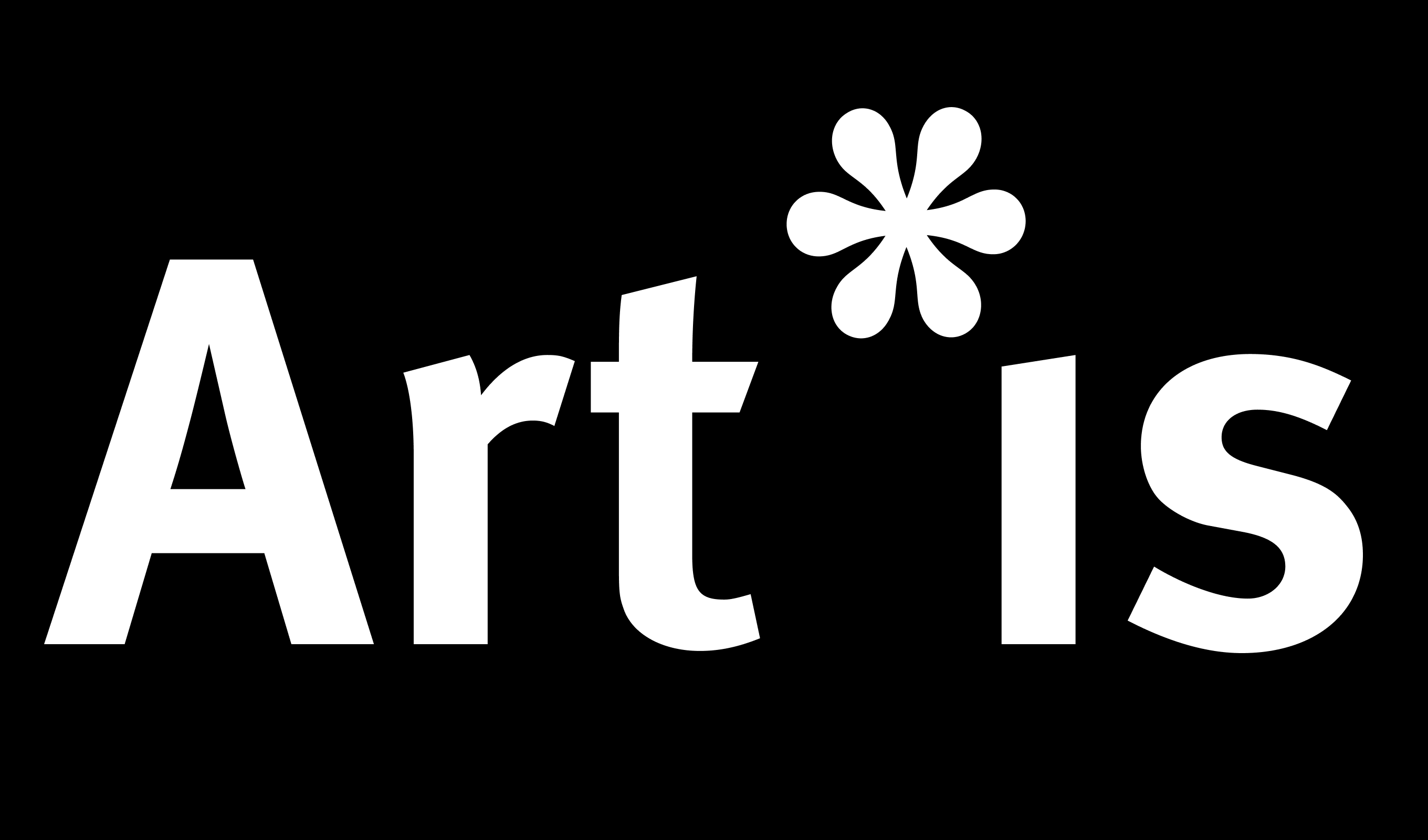written by Corinna Kühnapfel
UNIVIE PhD Candidate MacKenzie Trupp has been recently awarded with the Impact Award 2023 funded by the City of Vienna Cultural Affairs for her research funded by ARTIS. MacKenzie Trupp is a doctoral candidate at the Vienna Doctoral School in Cognition, Behavior and Neuroscience (VDS CoBeNe) of the University of Vienna.
Through her research project, MacKenzie Trupp examines various art experiences, whether encountered in person at museums or galleries, or online, to understand their effects on individuals’ momentary and long-term well-being. Her goal is to identify the types of art experiences that can yield significant psychological benefits, with the hope of designing effective art interventions.
The Impact Award 2023 funded by the City of Vienna Cultural Affairs was given to eight active PhD candidates of the University of Vienna. The prize was awarded for outstanding dissertation projects with the potential to reach target groups outside the scientific community and to achieve social, cultural or economic added value.
For a deeper insight into MacKenzie Trupp’s research journey, we invite you to explore the video portrait titled “Art and Wellbeing – Examining the Circumstances and Mechanisms of Art Interventions.” In this video, MacKenzie Trupp explores the relationship between art and wellbeing, investigating how exposure to artworks can influence our mental health and overall happiness.
Furthermore, delve into the impact of MacKenzie Trupp’s research through this video:
